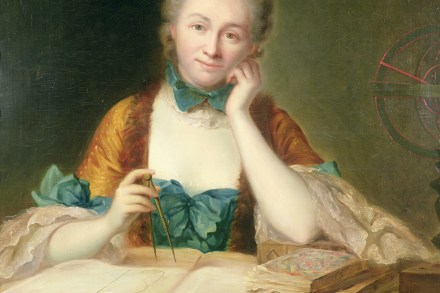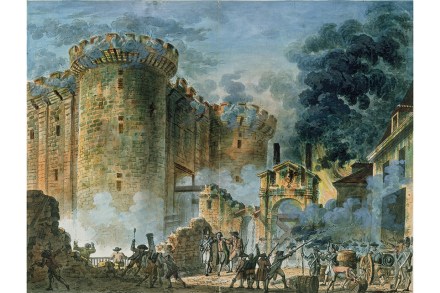‘Poor devils’: the hopeful scribblers of the French Revolution
In 1778, Louis-Sébastien Mercier, dramatist and author of the early science fiction novel L’an 2440, claimed that only a small minority of writers in ancien régime France lived by their pens: ‘One exclaims everywhere that the number of authors is enormous… But in fact, there are not more than 30 writers in France who make writing a career.’ The rest needed patrons, protectors, pensions, privileges and sinecures to scrape a subsistence, or else were reduced to peddling libels and pornography, or spying for the police. In the absence of copyright or royalties there was plenty of piracy, and without a network to depend on – an aristocrat, a royal mistress,



